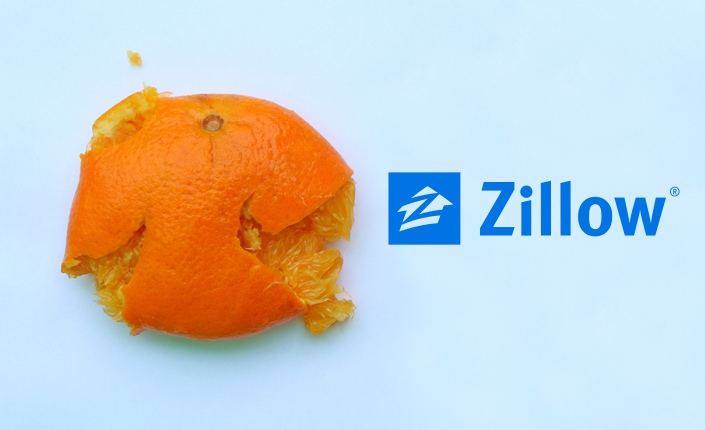
Another week and another news cycle dominated by Zillow and its bombshell exit from iBuying. This week hasn't been much kinder to the Seattle-based company than last week. With the dust still settling and commentators still taking pot-shots, there is still the sizeable matter of selling off thousands of houses among other things.
And that's where we begin the roundup of the week in Zillow news...
After three and a half turbulent years, Zillow last week decided to end its iBuying program. One of the upshots of the decision was that the company ended up with thousands of houses left dragging its balance sheet down.
Clearly, it is in Zillow's interest to sell off this inventory as quickly as possible. The problem is that there aren't too many buyers out there to take thousands of homes off Zillow's hands. That's where institutional investors like New York-based Pretium Partners come in.
For all of its cheerleading of fair housing causes, Zillow has ultimately decided to unload the majority of its stock to these Wall St backed investors like Pretium who will turn the houses into rental cash cows. Zillow signed an agreement this week to sell 2,000 homes to Pretium.
The move, while expedient for Zillow, has generated some negative headlines. As pointed out by Vice, many of the institutional investors that profit from mass scale rental properties have terrible track records when it comes to evicting people of colour.
Then there is the thorny issue of taking available housing stock and privatising it for profit. As industry commentator Mike DelPrete told Bloomberg:
“I get that there are business considerations. Zillow flicking off thousands of houses at a time makes sense as a business. But this is more than business, this is housing.”
The move has not gone unnoticed by the US government. Two Senators who chair two key committees on housing and banking have written to Zillow to express their concern around the issue and the “a troubling record” that Pretium has on grinding a profit from vulnerable renters in poor areas.
To make matters worse, Zillow is also facing a raft of lawsuits from firms investigating whether the company's reveal from iBuying represents securities fraud.
The company's share price plunged 19% on news of its iBuying exit and the company has lost $30 billion in value since its peak of $200 per share in February. Investors are not happy.
Although perhaps somewhat speculative in nature, if there is one thing that Zillow does not need now it's more legal headaches. The company is already battling a lawsuit brought by discount brokerage REX related to how it displays its listings
Speaking of NAR and its opaque rules around listings display, the debate around what information must be displayed on member listings has been reignited this week ahead of the industry body's annual conference.
Zillow, along with brokerage company Realogy, is pressuring the NAR to adopt measures that would see the details of the listing agent (and not just the listing brokerage) prominently displayed on listings on NAR members' websites.
While both companies want changes to the rules, unsurprisingly they don't agree on exactly what the changes should look like in writing. Zillow is trying to steer the conversation in the direction of the buying agent (the ones it makes the most money from) and Realogy is thinking along the opposite lines.
According to US agent publication Inman, there is another camp including other MLS operators which doesn't agree with either company.
To add insult to injury for Zillow, it is already beginning to look like last week's news was a Zillow issue rather than an iBuying issue.
Zillow's ex-iBuying rivals appear to be doing great with Opendoor's shares registering a 15% jump on Thursday and Offerpad posting Q3 results which saw it turn a profit and positively revise its guidelines.
Opendoor is confident in its pricing model with CFO Carrie Wheeler telling investors that the company has "prioritized our investments in our pricing capabilities across acquisition valuation, forecasting, and resale systems since our inception," while Offerpad's CEO bragged that his company has seen "less than 1% variance between our aggregate estimated prices and actual sales prices".